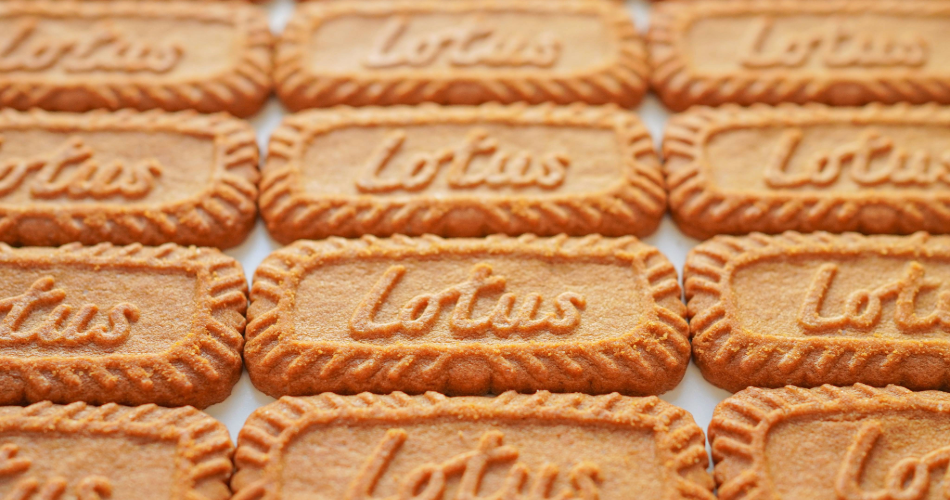
Last year, in December 2023, the Chancery Division of the High Court handed down its decision on the use of the word “milk” in trade marks for non-dairy milk alternatives. The case, Oatly AB v Dairy UK LTD [2023] EWHC 3204 (Ch), was a successful appeal against a decision of the UKIPO, which had held that the word mark POST MILK GENERATION ought to be declared invalid for goods in classes 29, 30 and 32.
Background
In November 2019, Oatly filed an application for the mark POST MILK GENERATION. The application covered t-shirts in class 25, as well as a range of oat-based drinks (including milk substitutes), foods and ingredients in classes 29, 30 and 32.
No oppositions were filed. However, Dairy UK, a trade association for the UK dairy supply chain, submitted observations in March 2020, arguing that the mark was likely to deceive the public and its use would be contrary to EU law, specifically Regulation (EU) No. 1308/2013 (the ‘Regulation’) on the labelling of agricultural products. This Regulation has continuing effect in the UK as retained EU law.
After changing its mind several times about whether to accept the mark, the UKIPO eventually registered it in April 2021. Dairy UK then filed an application for a declaration of invalidity.
UKIPO Decision
The invalidity proceedings were brought on the same grounds raised in the observations.
The Hearing Officer held that the mark was not such that it would deceive members of the general public; instead the average consumer would view the mark as “an ironic way of saying its goods have moved on from conventional milk and are for… those who no longer consume dairy milk”.
On the other hand, the Hearing Officer considered that the registration should be declared invalid on the grounds it would be contrary to EU law, namely the provisions of the Regulation.
They considered this consistent with the decision of the Court of Justice of the European Union (CJEU) in 2017 in Case C-422/16 Verband Sozialer Wettbewerb e. V. v TofuTown.com GmbH (‘TofuTown’). In that case, the CJEU ruled that the terms milk, whey, cream, butter, cheese and yogurt cannot be used “to designate a purely plant based product in marketing or advertising, even if those terms are expanded upon by clarifying or descriptive terms indicating the plant origin of the product at issue”, such as soya or tofu.
Appeal
Oatly appealed the decision to the High Court.
Use of the term ‘milk’ generically
Mr Justice Richard Smith summarised that “the relevant aspect of the Regulation arising in this case concerns the fair and consistent presentation of agricultural products to the market by the adoption of marketing standards enabling consumers to know, and have confidence in, the products they buy if labelled in a particular way”.
Article 78 provides that specific “definitions, designations, and sales descriptions” listed in the Regulation may be used only for the marketing of a product which conforms to the requirements laid down in the Regulation. This includes “milk and milk products intended for human consumption”.
The following definitions are given for "milk and milk products”:
- Milk – “means exclusively the normal mammary secretion obtained from one or more milkings without either addition thereto or extraction therefrom”
- Milk products – “means products derived exclusively from milk, on the understanding that substances necessary for their manufacture may be added provided that those substances are not used for the purpose of replacing, in whole or in part, any milk constituent”.
Examples of terms explicitly reserved for the marketing of milk products include whey, cream, butter, buttermilk, butteroil, cheese and yoghurt.
Oatly could not, therefore, market and sell an oat-based drink as ‘oat milk’ in the UK.
Non-dairy milk substitutes do not fit the definition of ‘milk’ under the Regulation. This is why brands such as Oatly, Alpro and Koko refer to their non-dairy alternatives as ‘Oat Drink’ or ‘Almond Drink’, rather than ‘Oat Milk’ or ‘Almond Milk’.
Use of the term ‘milk’ within a trade mark
However, the Court found that the term “designation” in the Regulation refers to a generic description of a product and does not extend to the inclusion of words in trade marks that are not used descriptively. In this case, the trade mark does not purport to market the goods as being any particular product.
“it cannot be said that the Mark “claims, suggests or implies” that the Appellant’s products marketed in conjunction with it are dairy products”
In reaching its decision, the Court drew a distinction between the appealed case and the TofuTown decision. In TofuTown, terms such as ‘veggie cheese’ and ‘tofu butter’ were not being used as trade marks. Instead, they were being used as generic descriptions of the goods being sold. The Court felt that trade marks could be used in a way which did not make them designations under the Regulation, since “it is the use of the term ‘milk’ for products to identify them as being milk, not merely its use in their marketing, that constitutes their designation as such”.
Therefore, the Court held the Hearing Officer had erred in finding that the use of POST MILK GENERATION in relation to selling vegan goods could be considered the same as designating the goods as milk. It allowed the appeal, finding the mark POST MILK GENERATION validly registered.
Comment
Partner and Chartered Trade Mark Attorney Rebecca Anderson-Smith comments:
“This decision makes it clear that use of the term ‘milk’ in relation to non-dairy milk is not automatically prohibited in the UK by Regulation (EU) No. 1308/2013. What’s key is exactly how the word is being used. If it describes the nature of the goods, it will not be permissible. However, if it plays a non-descriptive role in a trade mark, as with POST MILK GENERATION, it should be acceptable. Brand owners should seek advice on the particular trade mark and manner of use from their trade mark owner before launching a new product.”
Jamie is a trainee trade mark attorney and a member of the firm’s trade mark team. His interests are in contentious trade mark work, copyright and media law, having completed optional modules in these areas at university. He has previously worked as an IP assistant for a MedTech firm, assisting with contentious matters in patent law, contract law and trade secrets. He has also helped manage the firm’s IP portfolio.
Email: jamie.emerick@mewburn.com
Sign up to our newsletter: Forward - news, insights and features
Our people
Our IP specialists work at all stage of the IP life cycle and provide strategic advice about patent, trade mark and registered designs, as well as any IP-related disputes and legal and commercial requirements.
Our peopleContact Us
We have an easily-accessible office in central London, as well as a number of regional offices throughout the UK and an office in Munich, Germany. We’d love to hear from you, so please get in touch.
Get in touch

